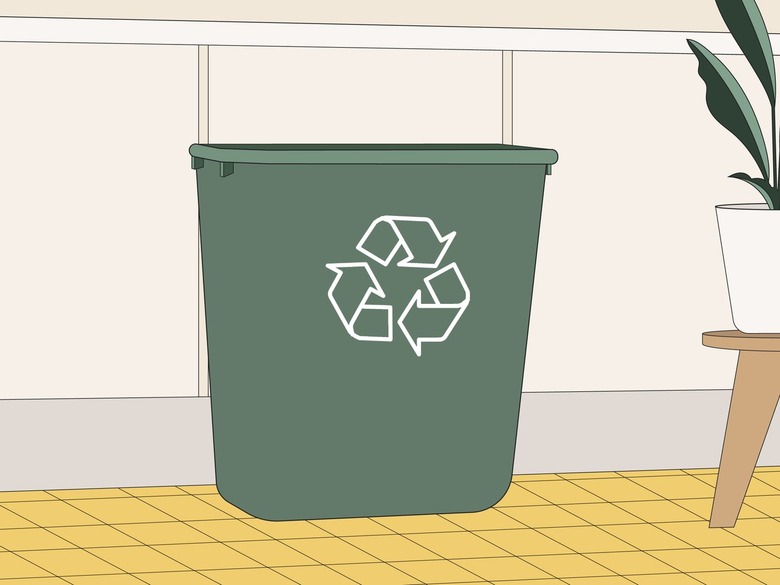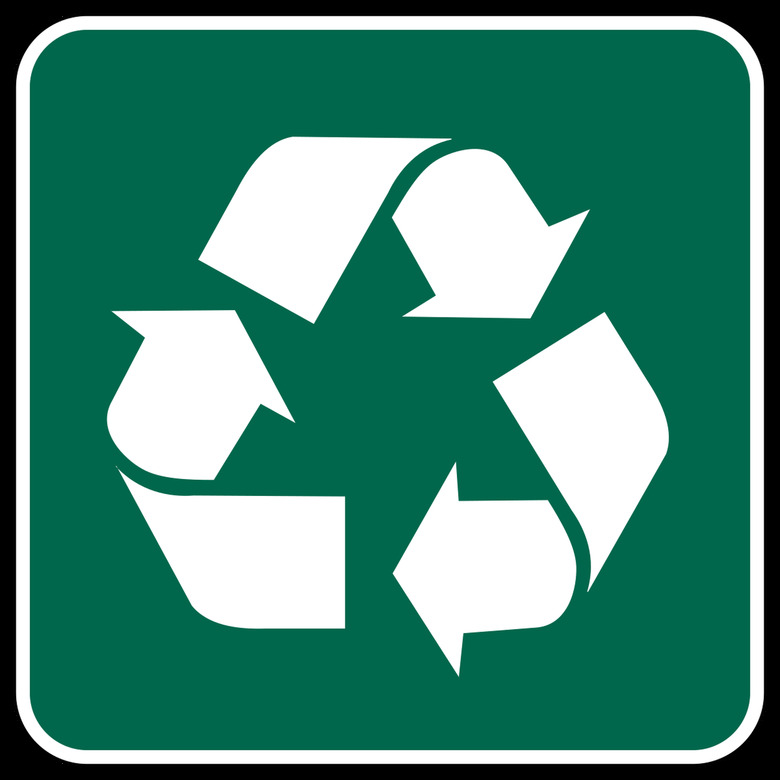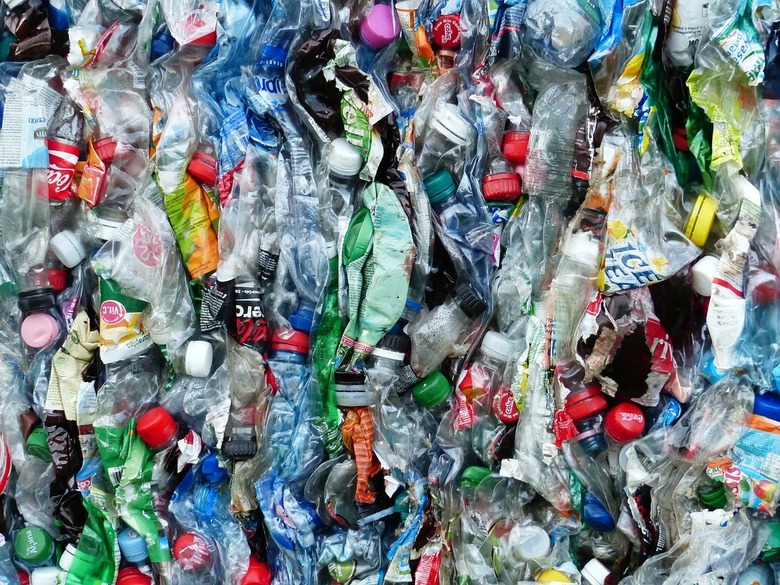Recycling Was Actually Invented Thousands Of Years Ago
Recycling is a part of everyday life for many people, but have you ever wondered how this eco-friendly practice got its start? Recycling has a millennia-long history, starting with ancient civilizations and running through the current day — and it turns out we're probably not as good at it as we think.
Here's everything you need to know about the history of recycling, including why it's still important for you to do it today.
What is recycling?
What is recycling?
According to the Environmental Protection Agency (EPA), "Recycling is the process of collecting and processing materials that would otherwise be thrown away as trash and turning them into new products." To some people, that might mean just tossing plastic, glass, and paper into the appropriate curbside bins. Yet, recycling can encompass a bigger picture than that. After all, there is the concept of upcycling or simply reusing items on your own.
When was recycling invented?
When was recycling invented?
Recycling in its purest form has been around for millennia. Ancient peoples around the world reused or repurposed old items, from tools to ceramics. The earliest recorded example of recycling hails from 9th-century Japan, according to the Northeast Recycling Council (NERC), when old paper was recycled to create new paper. "Japanese culture generally treats recycled paper as being more precious than new, and the recycled paper was often used in paintings and poetry," states NERC.
This simple form of recycling continued for centuries. The cost of new goods was so high that basically everything that could be repaired and reused was, whether it was clothing or scrap metal. Recycling was especially popular during wartime, up through World War II, as raw materials were needed for supplies.
Who invented recycling as we know it?
Who invented recycling as we know it?
Recycling changed during the mid-20th century, particularly in the United States, as waste began to build up in unsustainable quantities — at the time, most waste was dumped into landfills. "As the American economy grew after World War II, so did consumers' thirst for disposable cans, bottles, and other single-use products," reads a Time piece on the history of American recycling.
Early environmentalists soon began to realize the negative impact of plastic pollution — the material takes hundreds of years to decompose. That's when the idea of recycling plastic began to take hold. However, the first adapters of recycling didn't throw recyclables into curbside bins as we do today — they had to bring the items to private recycling centers, per History.com. Since recycling wasn't convenient, many people simply didn't do it.
Fortunately, between the 1970s and 1990s — particularly when environmentalism became mainstream — curbside recycling grew exponentially, making it easier than ever for people to participate.
Why is recycling important?
Why is recycling important?
Stanford University reports that "[recycling] conserves energy, reduces air and water pollution, reduces greenhouse gases, and conserves natural resources."
Unfortunately, the United States's recycling industry isn't as effective as it could be. There's no federal recycling system, so recycling policies are determined on a local level, which can get confusing for people who move between communities. (In fact, a 2019 survey by the Grocery Manufacturer's Association revealed that 23% of Americans think recycling is more complicated than filing taxes.)
As such, many Americans end up "wishcycling," or recycling items they think should be recycled. Yet, according to the National Waste and Recycling Association, 25% of items tossed in the recycling bin aren't recyclable. This often contaminates real recyclables, which then must be thrown out as waste.
Thus, it's crucial that you learn to recycle responsibly so that you don't inadvertently contribute to more waste. To do so, head to your community's municipal website to find out exactly what can and can't be recycled in your town or city.


